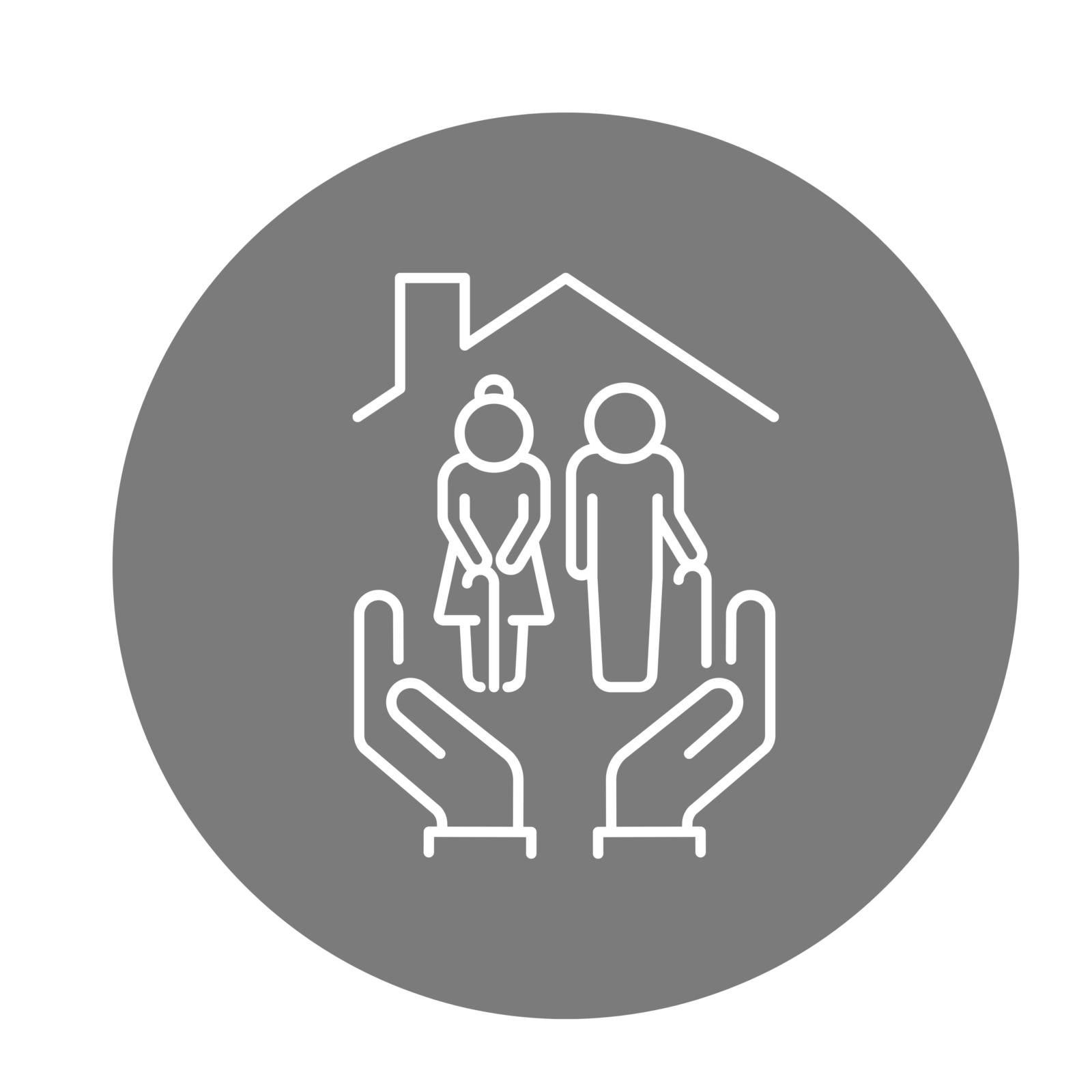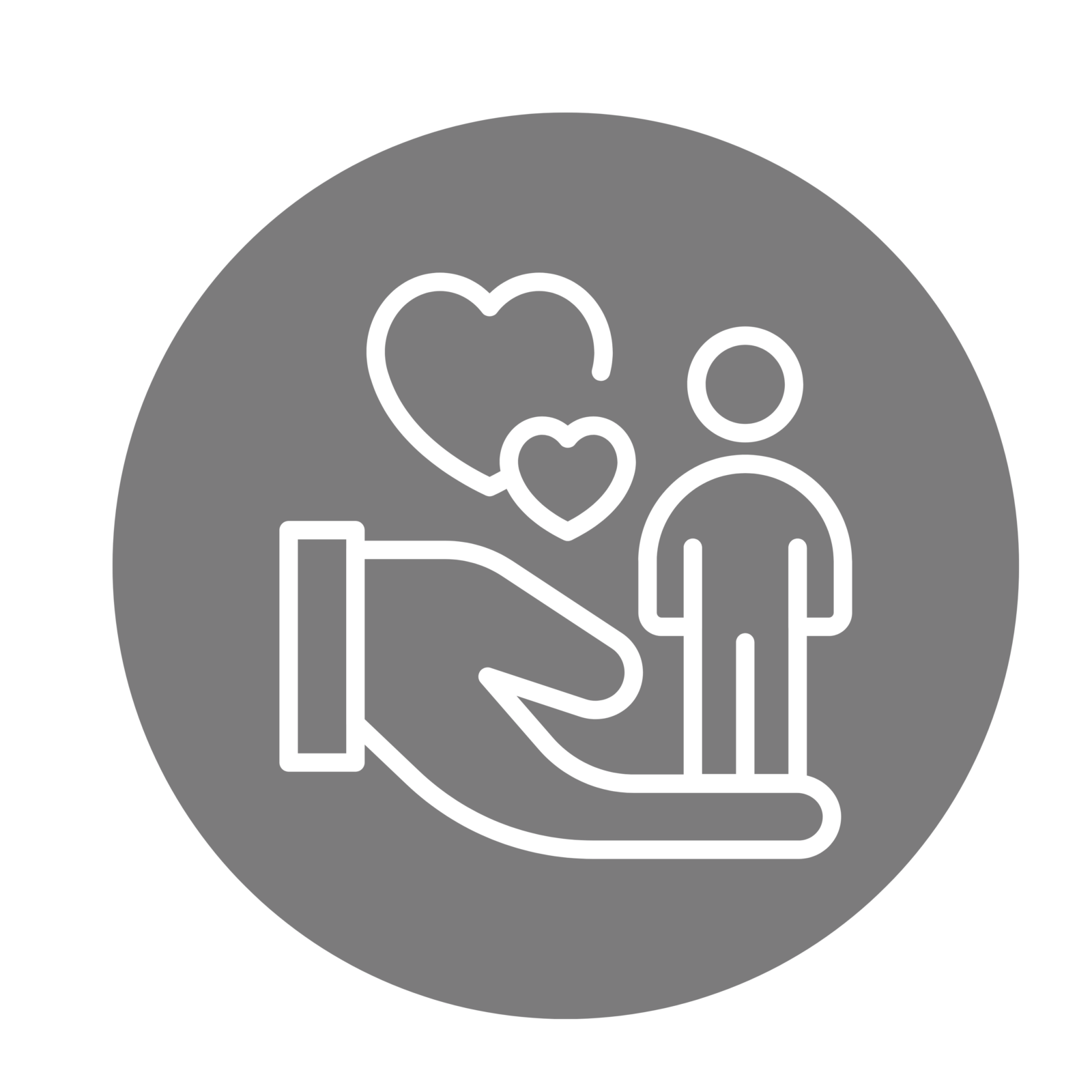Center for Aging Studies
The Center and its Mission

Priority Research Lines of the Center for Aging Studies at UniUPO
Healthcare Professional-Patient Relationship
The quality of the relationship between healthcare professionals and elderly patients represents a fundamental element for the effectiveness of care and the well-being of the person. The Center for Aging Studies develops research to improve communication and interaction methods in geriatric care.

Research Focus
Analysis and identification of communication methods between healthcare professionals and patients that are appropriate from an ethical, deontological, and communicative perspective, with particular regard to long-term care and the management of complex issues such as informed consent, chronic diseases, and palliative care.
Objectives
- Identify the skills necessary to address complex issues in geriatric care
- Develop a patient-centered approach
- Improve the quality of communication in long-term care
- Train healthcare professionals specialized in caring for older adults
Ethics of Care for the Vulnerable Elderly
Caring for older adults in vulnerable conditions raises complex ethical issues that require thorough analysis and clear guidance for healthcare professionals. The Center addresses these topics with particular attention to the most critical decision-making processes.

Research Focus
Analysis of the assumptions and issues related to informed consent and end-of-life decisions, including the withholding or withdrawing treatments, palliative sedation, medically assisted suicide, and euthanasia, to develop ethical guidelines for professional practice.
Objectives
- Propose ethical guidelines for healthcare professionals in the most complex situations
- Develop decision-making protocols for end-of-life choices
- Ensure an approach that respects human dignity at the end of life
Medicalization of Aging
Excessive medicalization of aging is a challenge for healthcare systems. The Center conducts studies to analyze the balance between therapeutic needs and quality of life, evaluating the economic and social impact of this phenomenon.

Research Focus
Analysis of healthcare interventions aimed at older adults, from pharmacological therapies to medical-surgical and care procedures, examining the consequences of medicalization on quality of life and the impact on economic resources of the National Health Service and patients.
Objectives
- Identify more balanced care approaches
- Evaluate the economic sustainability of current care practices
- Develop care models that balance clinical effectiveness and patient well-being
Artificial Intelligence and Telemedicine in Support of the Elderly
The integration of digital technologies in geriatric care offers opportunities to improve the quality and accessibility of care. The Center explores these potentials while maintaining a balance between technological innovation and protection of the elderly person.

Research Focus
Analysis of AI and telemedicine integration in support for older patients, considering related
ethical and legal issues.
Objectives
- Improve care quality through advanced and personalized technological tools
- Facilitate access to health services for the elderly with mobility limitations
- Define guidelines for responsible implementation of digital technologies, considering ethical and legal issues
Sustainability of Healthcare Systems
Population aging poses unprecedented challenges to the sustainability of healthcare systems.
The Center for Aging Studies analyzes the social, ethical, and legal implications of this phenomenon to develop innovative and sustainable solutions.

Research Focus
Identification of innovative models for managing elderly patients that are effective and adaptable to the local contex, with particular attention to the optimization of available resources.
Objectives
-
The aim of the research is to develop concrete projects for the practical implementation of sustainable care models.
Ageism and Social Inclusion
Ageism is a form of discrimination based on age, with consequences on physical and psychological health. The Center studies this phenomenon to counteract its effects.

Research Focus
Analysis of ageism in healthcare, social, and work contexts, with particular attention to negative consequences on the elderly population, including social isolation and the development of physical and psychological conditions.
Objectives
-
The research intends to promote strategies that foster a cultural change in the perception of aging.
Policies and Legislation for Older Adults
Public policies and regulations dedicated to the elderly require critical analysis to evaluate their
effectiveness and identify areas for improvement.

Research Focus
Comparative analysis of public policies and regulations at national and international levels, assessing their impact on society.
Objectives
-
Propose improvements and recommendations in terms of policy and law
- Identify international best practices transferable to the Italian context
- Develop legislative proposals for the protection of the elderly
Ethics of Research on the Elderly
Biomedical research on older adults presents specific ethical challenges due to comorbidity and pharmacological complexity. The Center addresses these issues to ensure ethical and representative research.

Research Focus
Analysis of bioethical implications related to comorbidity in older adults, with particular attention to challenges of polypharmacy and the problem of low participation of elderly people in clinical trials.
Objectives
-
Develop guidelines for ethical management of research on older adults
- Promote an approach that respects dignity and autonomy of older adults
- Ensure safe and effective use of drugs in the geriatric population
